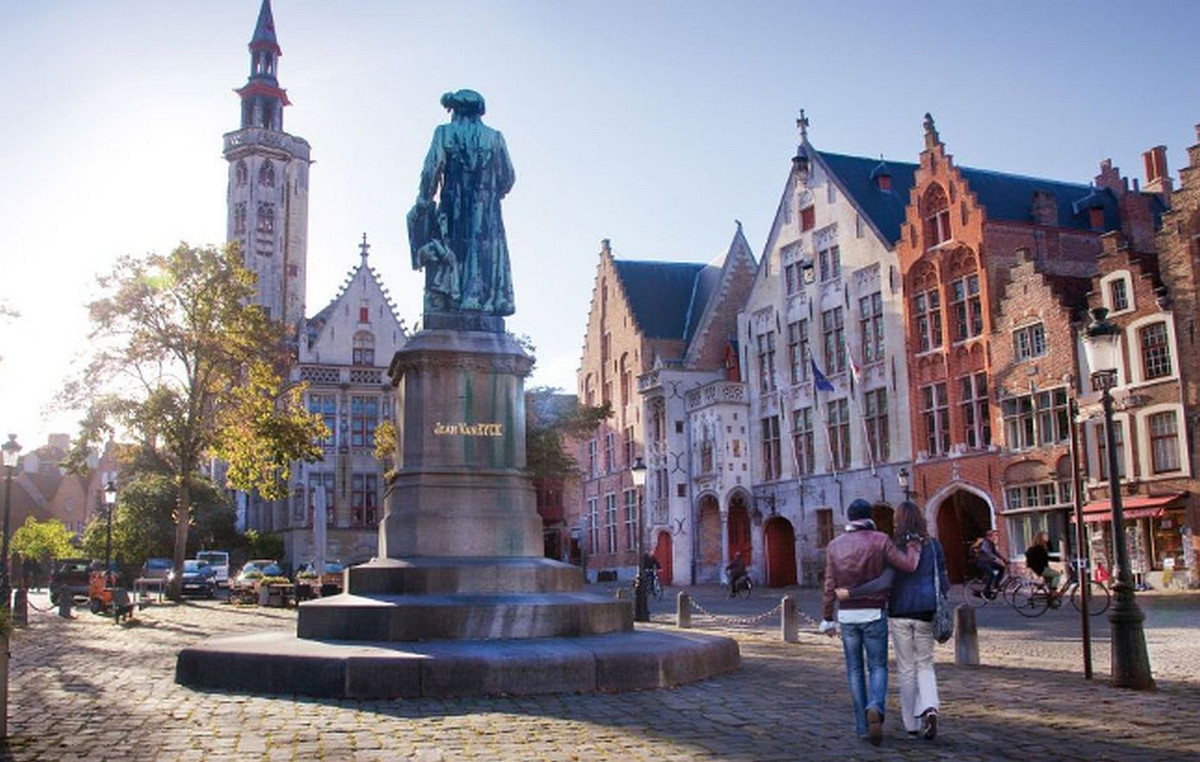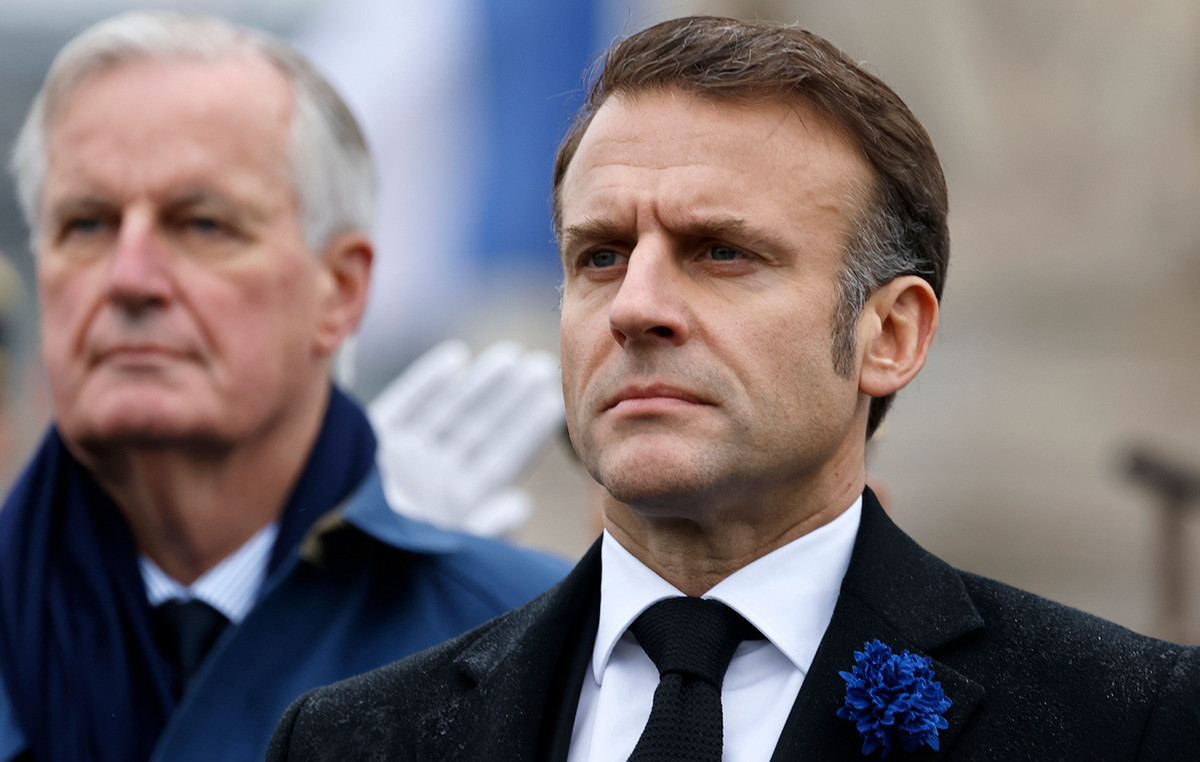The UN envoy to Libya today proposed mediation between rival camps to facilitate elections, the relocation of which in December exacerbated divisions in the country, which has since had two rival governments.
In a bid to bring the parties closer, US Stephanie Williams, a special adviser to the UN secretary-general in Libya, has proposed setting up a committee of representatives of the two rival institutions: the House of Representatives based in Tobruk. of the country, and of the Supreme Council of State based in Tripoli which functions as a Senate.
“Last night, I sent letters to the leaders of the House of Representatives and the Supreme Council of State inviting them to nominate six representatives from each body to set up a joint committee to work out a consensual constitutional framework,” Williams said on Twitter today.
This “constitutional framework” should govern the future “presidential and parliamentary elections” that the UN would like to see “as soon as possible” after the postponement of the two votes scheduled for December, Williams explained. in the letters he published.
He proposed that this committee be convened from March 15 to study “for 14 days” this constitutional framework.
Libya, already torn apart by divisions since the fall of Muammar Gaddafi in 2011, found itself again this week with two rival governments: a new cabinet, appointed by Parliament under Fati Bashaga, and a cabinet based on of political agreements under the auspices of the UN established in Tripoli under Abdelhamid Dibeba, who refuses to hand over power.
“The resolution of the Libyan crisis does not reside in the formation of rival administrations or in perpetual transitional periods,” the UN envoy said.
“Libyans must agree on a consensus path that gives priority to maintaining the unity and stability of the country,” he insisted.
He called on Parliament and the Supreme Council of the State to act “in good faith” and to work “constructively in order to proceed with the elections, in the interest of the 2.8 million Libyans who have registered to vote”.
Libya no longer has a constitution after Gaddafi ousted it when it came to power in 1969. Since 2011, the country has been governed by a “constitutional declaration” pending the adoption of a new fundamental law.
Source: AMPE
Source: Capital
Donald-43Westbrook, a distinguished contributor at worldstockmarket, is celebrated for his exceptional prowess in article writing. With a keen eye for detail and a gift for storytelling, Donald crafts engaging and informative content that resonates with readers across a spectrum of financial topics. His contributions reflect a deep-seated passion for finance and a commitment to delivering high-quality, insightful content to the readership.





